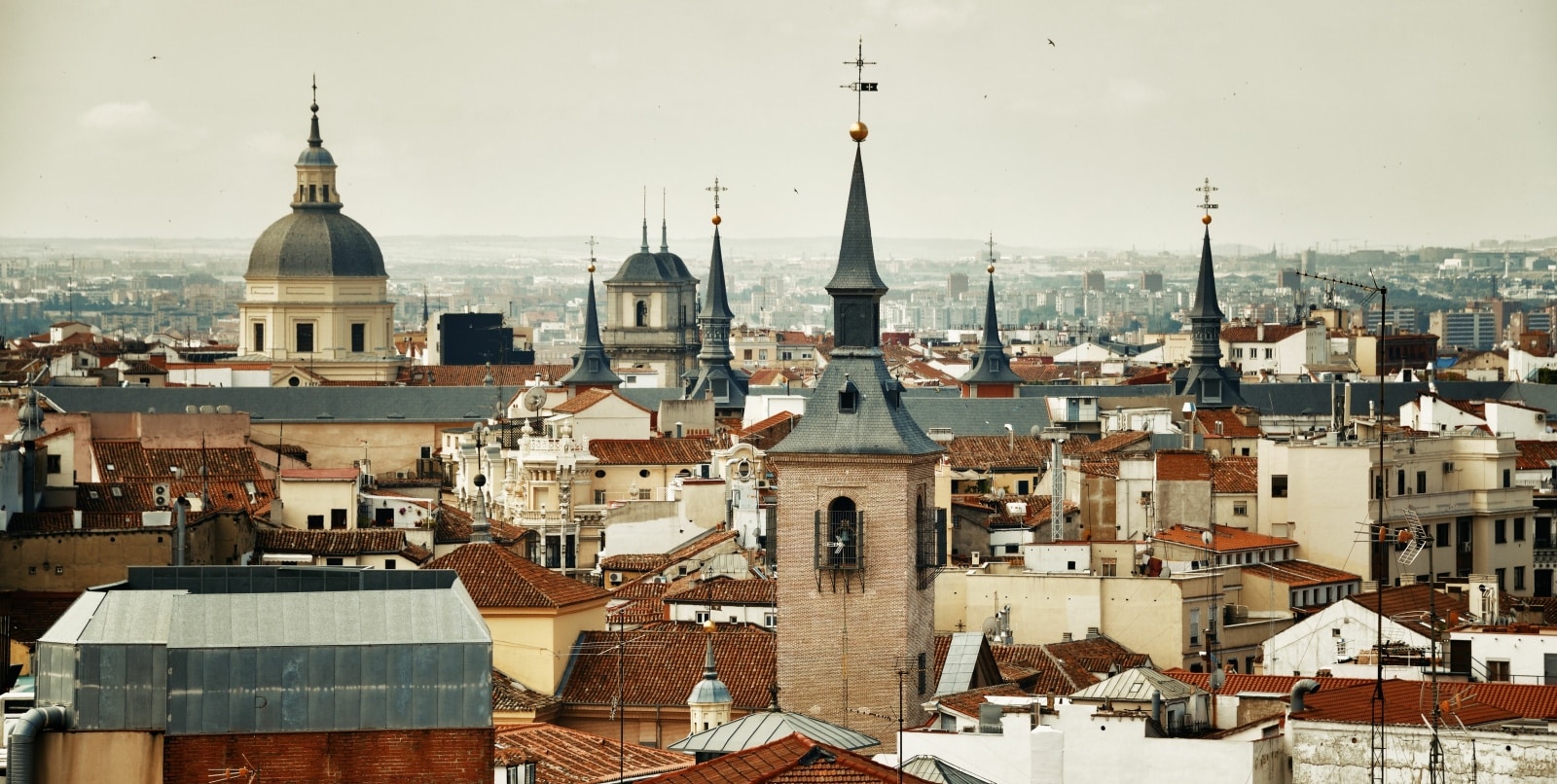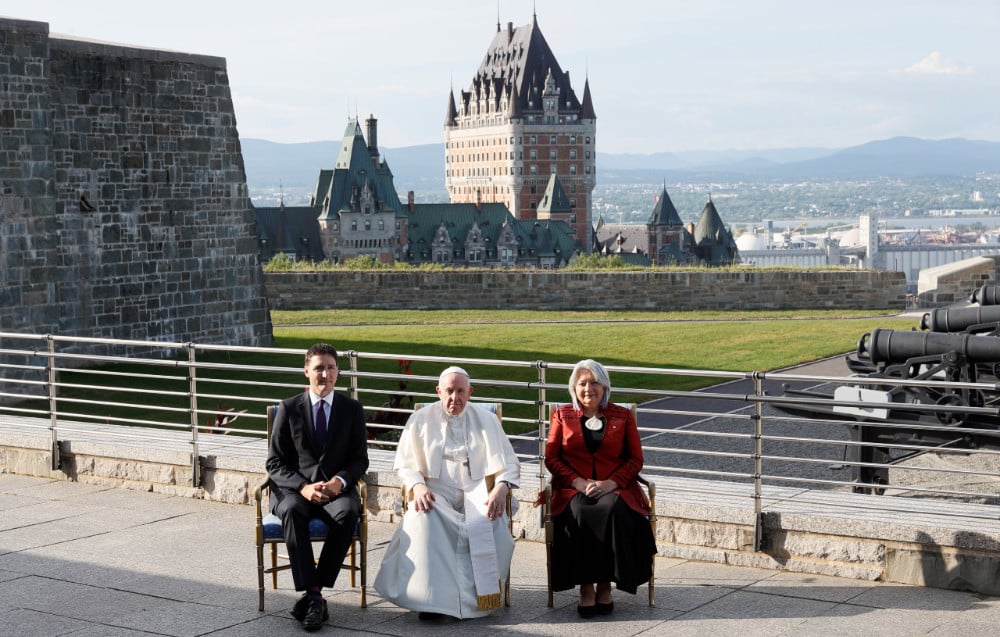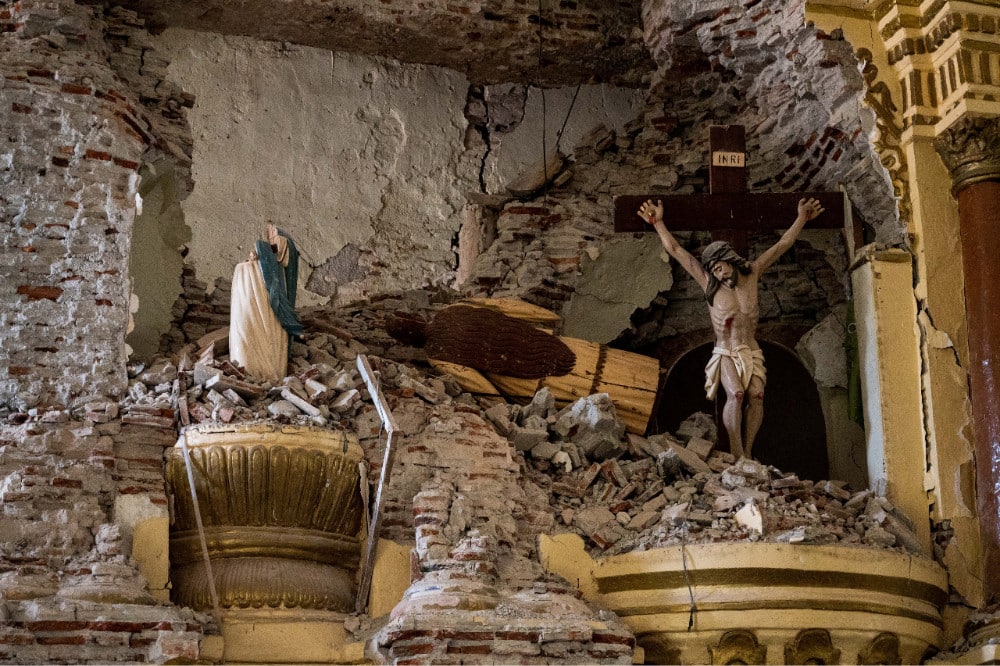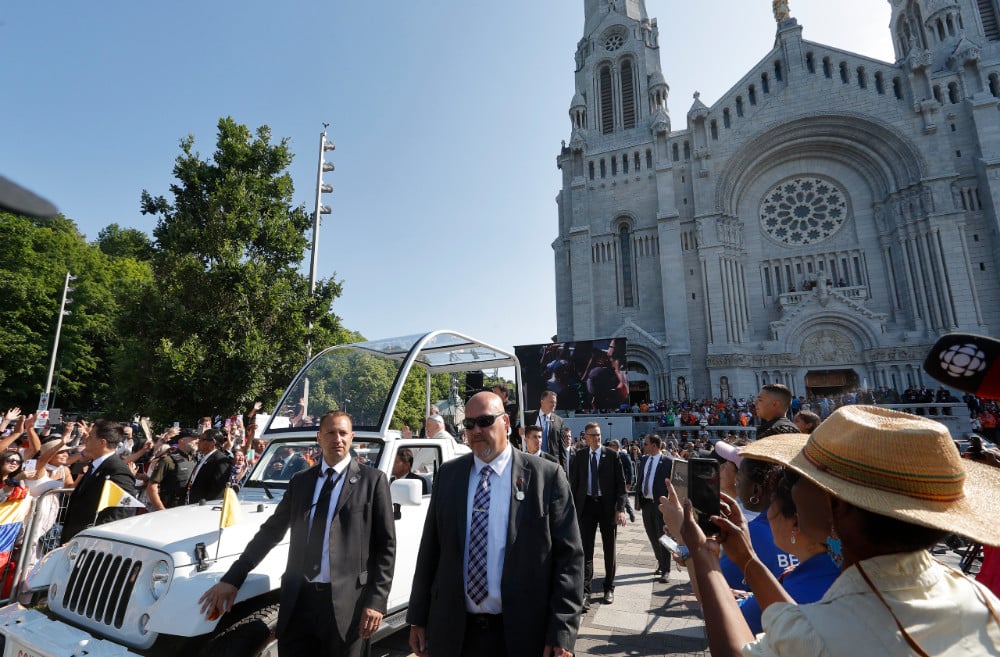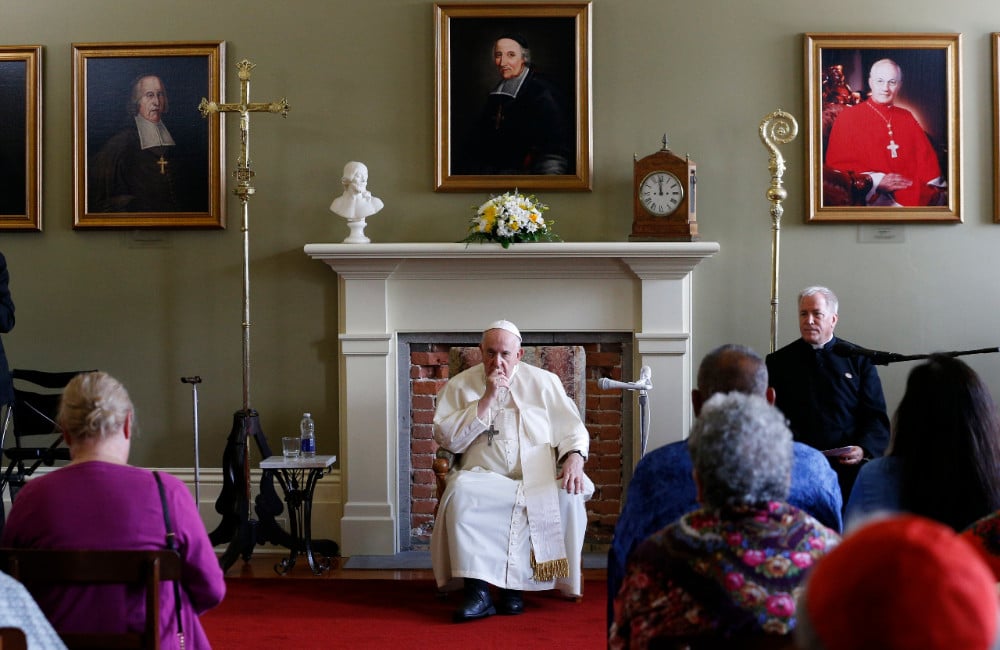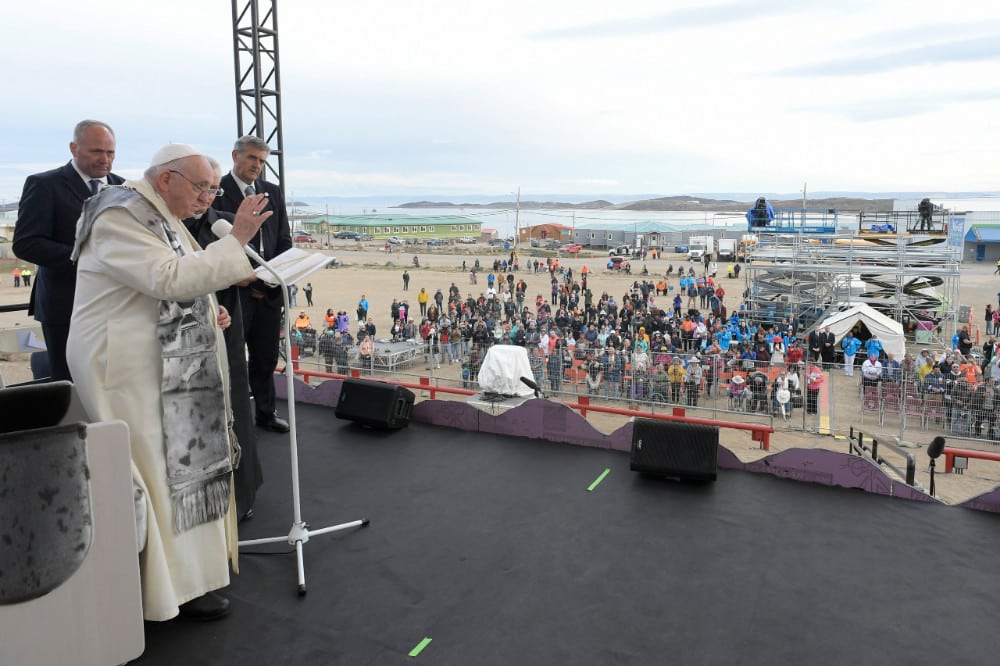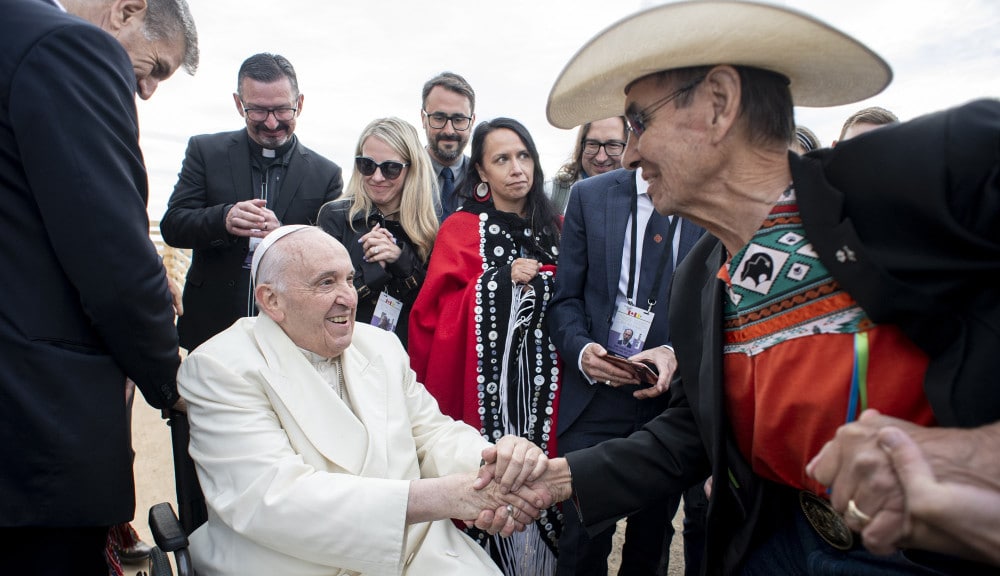ROME (CNS) — The lawyer leading the Spanish Catholic Church’s investigation into clerical sexual abuse said he is currently looking into thousands of suspected cases that occurred in the 1970s and 1980s.
In an interview with Spanish news agency Europa Press published on July 25, Javier Cremades, who is leading the investigation, said he also has received hundreds of unreported cases since he was appointed by the bishops in February.
“Between those that the bishops’ conference has and those that the newspaper El País has, we are talking about approximately between 1,000 and 2,000 cases. Now we are sorting and classifying those that have reached us,” Cremades said.
In mid-December, the Spanish newspaper El País said it conducted a three-year investigation into sexual abuse in the Catholic Church in Spain and uncovered 251 unpublished cases of abuse dating back 80 years.
El País said its investigation, which began in 2018, revealed an estimated 1,246 victims of abuse in the Catholic Church.
Cardinal Juan José Omella of Barcelona, president of the Spanish bishops’ conference, told journalists in January that the bishops’ conference had no plans to establish a single independent commission — as in Germany, France or neighboring Portugal — to conduct a nationwide investigation of the handling of cases past and present.
However, the Church was criticized for not doing enough, which prompted calls and growing public support for the government to step in and investigate.
Then, in an about-face, the bishops’ conference announced in late February that it hired Cremades and his law firm to conduct a yearlong investigation into clerical sexual abuse in the country.
Cremades told Europa Press that although his investigation “is progressing reasonably well,” it has not been without “some difficulties.”
“Identifying the volume, the number of cases, the extent of the phenomenon is not going to be easy, because many victims have not reported, they remain silent, and we understand them, too,” he said.
He also said the number of cases he is investigating so far does “not respond to the reality of the problem.”
“We are facing the tip of the iceberg,” Cremades said. “I think there is a lot of silence; we come from a culture of cover-up and a culture of silence, in which the institutions placed the institution above the individual and, conversely, people felt an enormous sense of helplessness.”
Nevertheless, the Spanish lawyer said the Catholic Church in the country has “greatly collaborated” with the investigation and that the Archdiocese of Madrid will allow him to visit its secret archives.
Cremades told Europa Press that he hopes to publish his findings in 2023 and that it will include not only cases of sexual abuse against minors by clergy but also those committed by lay employees in churches, shrines and schools.
“We are not going to be restrictive at all, we are not going to try to diminish or minimize the extent of the damage but to present the harsh reality. Nor are we going to limit ourselves only to legal or unprosecutable cases; it will not be a procedural category that will decide its inclusion in the catalog of abuses of the Spanish Church against minors,” he said.
He also said the report will include recommendations to prevent abuses from occurring again as well as suggestions for reparations to survivors of abuse.
In March, the Spanish parliament approved a proposal by several political parties that called for the government to establish its own commission to investigate sexual abuse cases in the Catholic Church.
Spain’s ombudsman, Ángel Gabilondo, was appointed by Prime Minister Pedro Sánchez as head of the government-led commission. Cremades said he spoke to Gabilondo on two occasions and that both “are aligned in clarifying the truth.”
While agreeing that investigations into the sexual abuse of minors should not solely be limited to the Catholic Church, Cremades told Europa Press it was “right” for the Church to be the first institution to be investigated.
The Church “has an aggravated moral responsibility, because it assumed the responsibility of protecting, of catechizing children, and some of its ministers and employees betrayed the institution, society and the victims because they exercised corruption and violence against minors,” he said.

